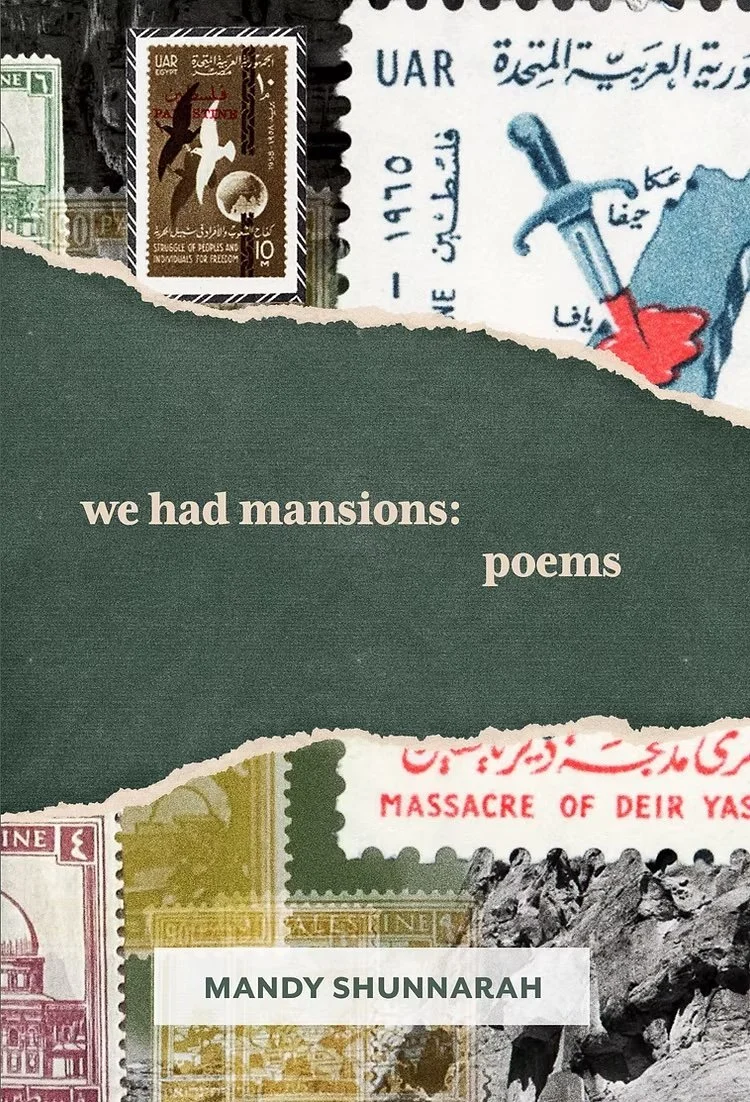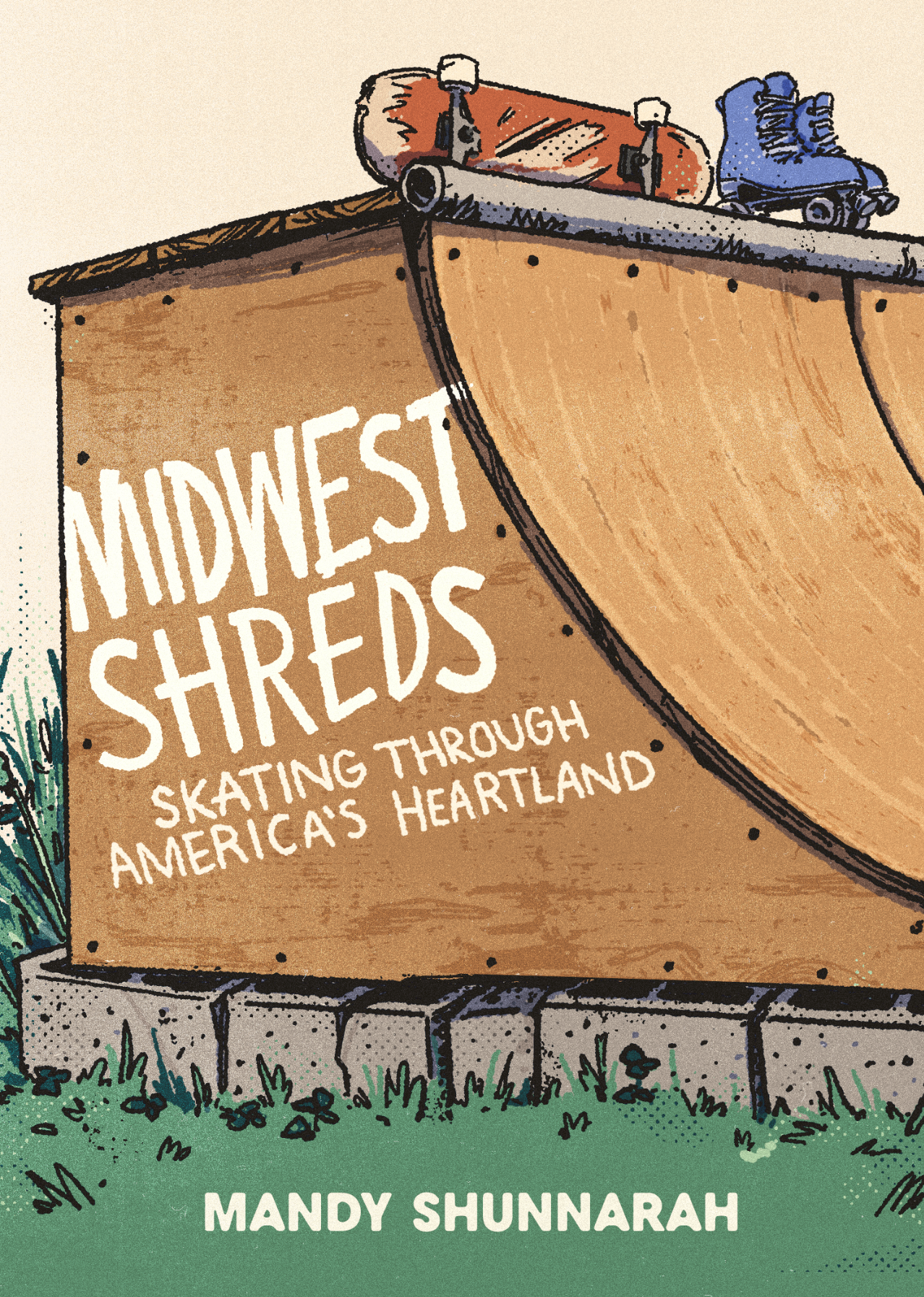The Clever Edge Nonfiction Has Over Fiction
Sometimes I can't help myself. I'm a sucker for those books everyone is suddenly talking about. On bibliophile social network, Litsy, lately that book has been Voices From Chernobyl by Svetlana Alexievich.
Overnight I saw like five or six people reading the book, then everyone started posting about how gripping it was. Interest piqued.
I got online to order a copy and was surprised to learn that it was on its third printing---first in 1996 for the 10th anniversary of the Chernobyl disaster, in 2006 for the 20th anniversary, then most recently in 2016 for the 30th anniversary. Readers' increased interest in Chernobyl around the time of a decade anniversary is palpable enough to warrant new printings.
Translation: This book keeps making that money, money, money.
This isn't something you often see with fiction. You might see a "50th anniversary edition" of a modern classic, but unless that novel was already insanely popular, you tend not to see regularly timed re-printings of backlist titles. Usually the only time a novel gets re-printed is if it sells more quickly than anticipated when it's first released. At least I haven't noticed any.
Whereas nonfiction can capitalize on the newsworthiness of an event. Voices From Chernobyl's advantage is clear:
- It's the worst nuclear disaster in history.
- People continue to be affected by the disaster today.
- At the time, government attempts to cover up information were made, thus making people even more curious because that's how human nature works.
- Unlike other major tragedies (like 9/11, for example), you can't go to the site where it happened and visit a memorial or museum. (There is a museum in Kiev, Ukraine, but not one at the reactor site for obvious reasons.) You can't go to the site at all.
- There are still new developments in the case. For example, a $1.5 billion steel arch is being built over the reactor site to prevent leaks for the next 100 years. The NSC (New Safe Confinement) structure is still under construction, but nearing completion.
It goes without saying that Chernobyl is newsworthy. And it's that newsworthiness that helps spread the word about Alexievich's book (which is so far excellent, by the way).
There is an ongoing debate about whether nonfiction sells better than fiction, but I don't think that's the question that needs to be asked. I think a better question is, how relevant is this work?
When I think about books that surge in popularity at regular intervals, it's usually books that have a timeless component to them. The topics of these books are of enduring relevance---something in society's collective consciousness that causes people to remember that the event happened and to want to learn more.
This remembering can be triggered by an anniversary, as it has been with Chernobyl, though it can be triggered by other events, too. After the terror attacks in Paris, Hemingway's A Moveable Feast again became a bestseller in France.
Since I believe it's really a question of relevance rather than genre, I'm hesitant to say that nonfiction inherently sells better than fiction. There have certainly been single-printings of nonfiction books which lack that quality of timelessness and enduring relevance. But I will say, at least from what I've seen, it's much easier to come by that quality in nonfiction than fiction.

















